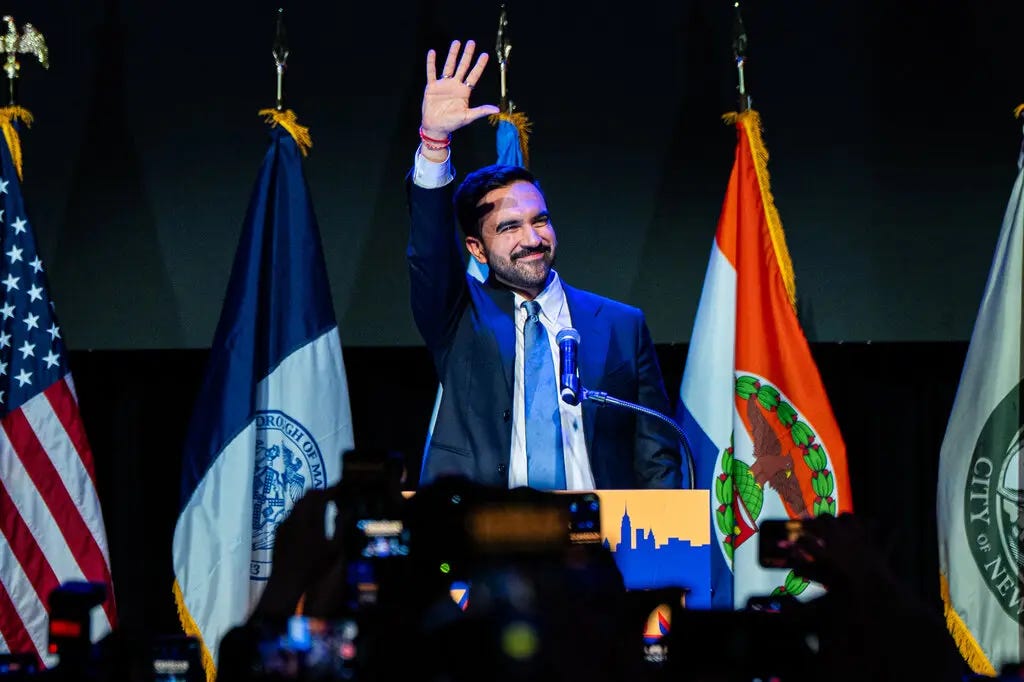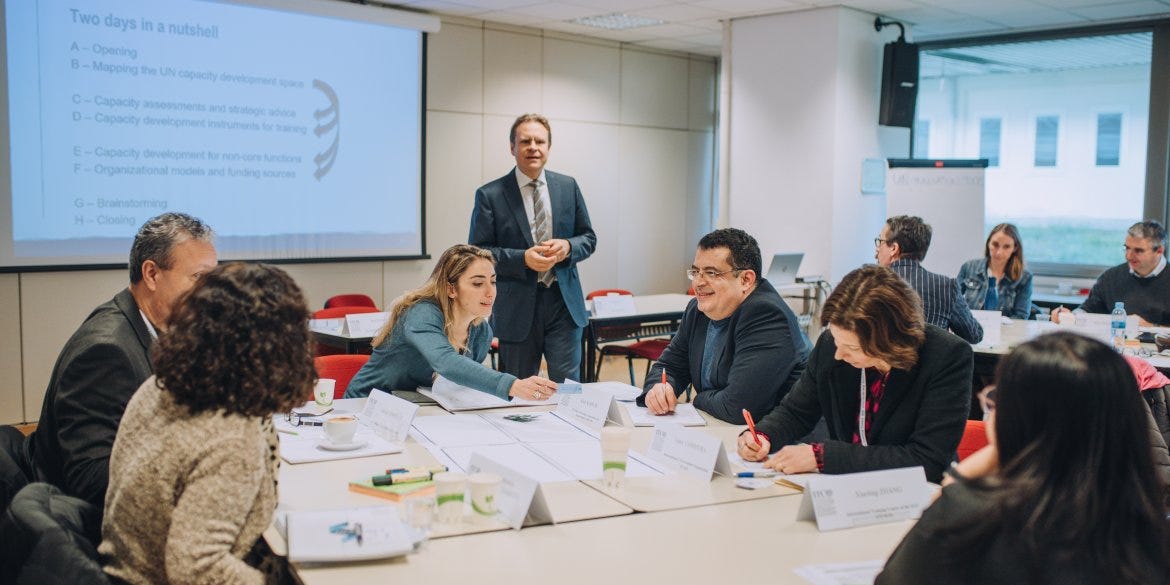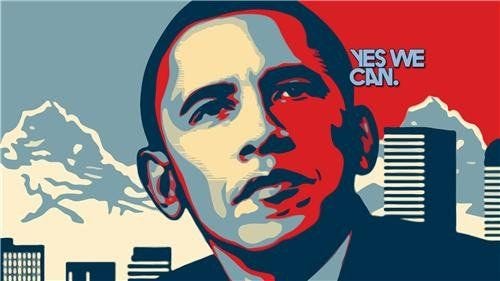The paradox and pathology of democratic hope
Why we keep believing the next election will save us — and what happens when it doesn’t.
“This new age will be defined by a competence and a compassion that have too long been placed at odds with one another. We will prove that there is no problem too large for government to solve, and no concern too small for it to care about.” — New York City Mayor-elect Zohran Mamdani
You’ve probably already read all the analyses of Zohran Mamdani’s win you’ll ever need — why he succeeded, whom he beat, whether he’ll be able to fulfill his promises, and what the future of New York City might be. So, while this post begins with words plucked from his victory speech, it’s not actually about him or his policies.
It’s about the recurring faith that one election, one person, one speech can rewrite a system that has obliterated its purpose and raison d’etre. It’s about how democracies, starved of trust, keep substituting charisma for competence — and how elections have morphed into savior worship.
Back when the Collapse Life team worked in big, global bureaucracies, we were constantly reminded of things like results-based management, accountability frameworks, and the importance of setting SMART goals (Specific, Measurable, Achievable, Relevant, and Time-bound).
In those same bureaucracies, you’re trained to quantify everything — yet many of the people who preach metrics for a living fall hook, line, and sinker for the unmeasurable promises politicians love to make. Suddenly, at the ballot box, they’re blind to the fact that there is no KPI for “a new age of competence and compassion,” and no dashboard to track whether a concern is “too small” to be cared about. (“Mr. Mayor, is my dripping faucet too small a concern?”)
The gap between what is promised and what’s possible is where trust dies. Yet every few years, the same story begins anew: citizens’ hopes are betrayed, betrayal breeds cynicism, cynicism breeds longing, and longing finds itself a new, even more slick redeemer.
This isn’t politics — it’s a way to pretend that even in a collapsing system the center can still hold if we just mark the right ballot bubble. Voting is no longer a tool of democracy; it’s a coping mechanism — a way to reassure ourselves that agency still exists inside a runaway machine untethered from the very laws put in place to keep tight control on its operating system.
Politics is just theater (and has been for some time). The audience suffers from a peculiar amnesia that makes them forget they’ve seen this play before. Even after decades of disillusionment, their need for renewal — for someone to “finally fix it” — overwhelms their institutional memory. Every generation wants to believe that this time competence and compassion really will align. Maybe that’s because cynicism is exhausting. Believing feels good — or at least better than the alternative.

The system exploits that need by casting structural failures as personal defects. Instead of confronting corruption and decay, citizens are told to focus on personalities — the other guy is a morally bankrupt billionaire misogynist, but our guy is a faithful family man who stands up for the everyman, or that candidate is a self-proclaimed “I grew up in a middle-class household” cackling gaia figure that somehow seamlessly code switches between urban ghetto talk and Ivy League oration. Each new candidate is cast as a prophetic rescuer who will drain, rebuild, transform, and even restore. It’s a kind of political messianic messaging that suggests when Mr. or Mrs. Right comes along, we can vote our way to salvation. Surely none of us have forgotten “Yes we can!” Or have we?
Charisma can’t fix corrupt systems. The redeemer is doomed to fail; his followers will feel betrayed; and the whole story will reset with a new face, manufactured to fill the void the moment demands. This time it’s a Muslim immigrant socialist. Next time — who knows?
The danger, of course, is the diverging paths that could happen after the next betrayal. A certain level of apathy, stemming from the realization that nothing ever changes, may set in. That would be a welcome alternative to the potential for radicalization, when people conclude that the system — and anyone who represents it — is irredeemable and must be burned to the ground.
Could that be where we are now?
If collapse is how every overpromised utopia ends, recovery likely starts with honest leaders who admit what can’t be fixed, citizens who stop demanding miracles, and systems resilient enough to fail quickly and learn from mistakes.
Imagine if Mamdani said something like: “We will prove there is no problem too large for government to acknowledge, and no concern too small to be heard — but nonetheless we’ll prioritize ruthlessly, measure publicly, spend prudently, and exit what doesn’t work.” It still would have been a series of ambitious lies promises, but at least it would have verged on being truthful.
The next “new age” we’d like to see is one where government ceases to exist completely — or at least shrinks to an almost imperceptible level. Truly what we yearn for is not a government that promises to care about every little concern, or where individuals are nannied by the state from womb to tomb, but rather an informed and genuinely empowered citizenry that stops outsourcing everything in their lives to a rapacious, psychopathic entity known as “the government.” We won’t hold our breath.





Last paragraph....priceless 👏👏👏👏
That is a powerful argument, bravo…”Voting is no longer a tool of democracy; it’s a coping mechanism”.